Home>Garden Essentials>What Is Sesame Seed Used For
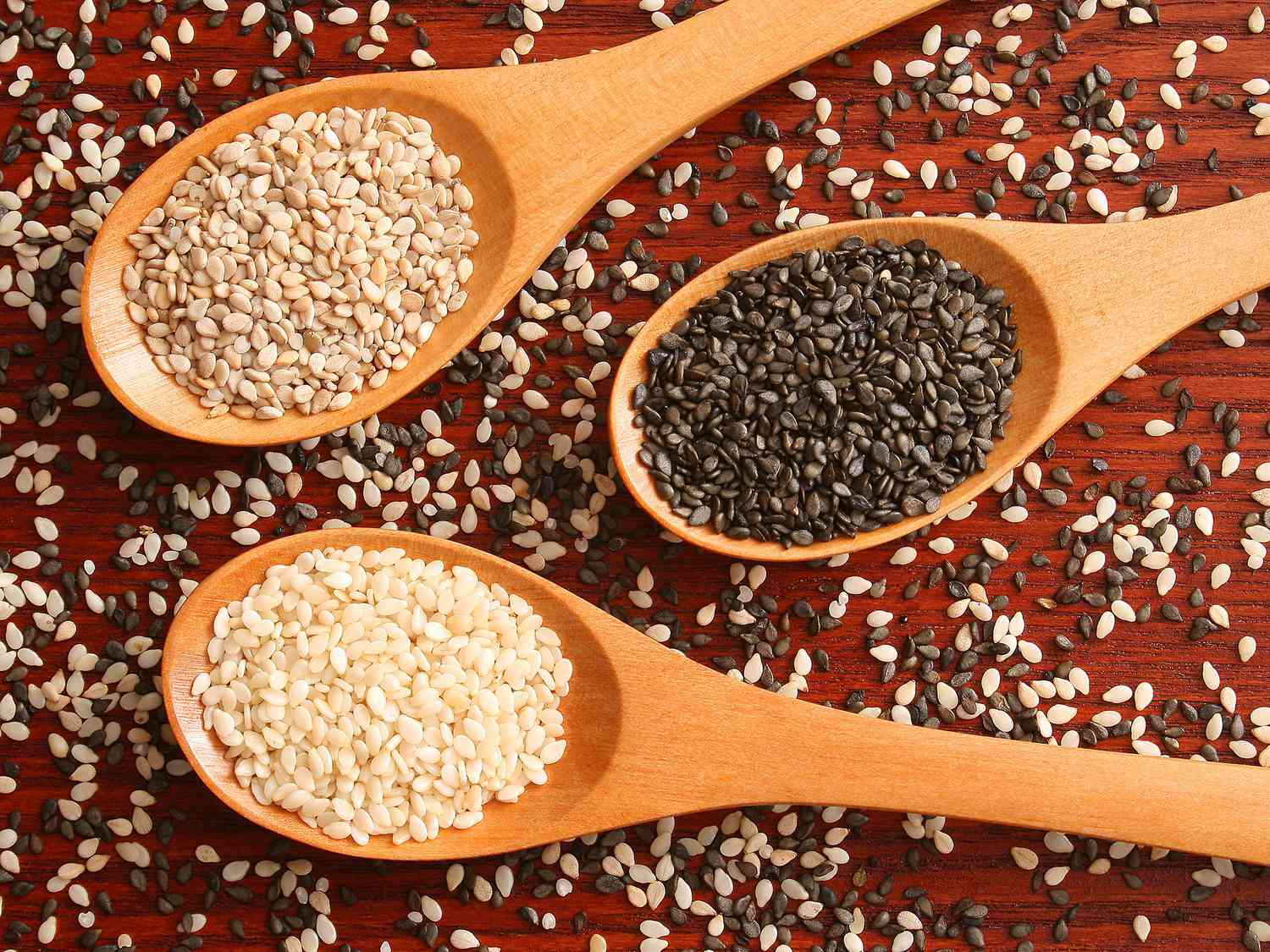

Garden Essentials
What Is Sesame Seed Used For
Modified: March 21, 2024
Discover the many uses of sesame seeds in your garden. From enhancing soil fertility to attracting beneficial insects, sesame seeds are a versatile option for any gardener.
(Many of the links in this article redirect to a specific reviewed product. Your purchase of these products through affiliate links helps to generate commission for Storables.com, at no extra cost. Learn more)
Introduction
Sesame seeds are tiny, powerhouse seeds that have been used for centuries in various cultures around the world. These seeds come from the flowering plant known as Sesamum indicum and are revered for their rich flavor, versatility, and numerous health benefits. Whether it’s in culinary delights, medicinal remedies, skincare products, or even industrial applications, sesame seeds have a wide range of uses that make them a valuable asset.
In this article, we will explore the various applications of sesame seeds, shedding light on their culinary uses, medicinal properties, beauty and skincare benefits, as well as their industrial uses. By understanding the diverse ways in which sesame seeds can be utilized, you will gain a deeper appreciation for these small but mighty seeds.
Key Takeaways:
- Sesame seeds are not just for seasoning – they offer heart health, bone strength, and digestive support. They’re like tiny health superheroes for your body!
- From adding flavor to dishes to promoting healthy bones and skin, sesame seeds are a versatile powerhouse with benefits for cooking, health, beauty, and industry.
Read more: What Is Sesame Seed Oil Used For
Culinary Uses
Sesame seeds are a staple ingredient in many cuisines around the world, known for adding a delightful nutty flavor and a crunchy texture to dishes. Here are some popular culinary uses of sesame seeds:
- Seasoning: Sesame seeds are commonly used as a seasoning in various dishes, both sweet and savory. They can be sprinkled on top of salads, stir-fries, and roasted vegetables to add a burst of flavor.
- Baking: Sesame seeds are often incorporated into baked goods such as bread, cookies, and pastries. They can be sprinkled on top of bread rolls or used as an ingredient in sesame seed buns, giving them a distinctive taste and appearance.
- Tahini: Tahini is a paste made from ground sesame seeds. It is a key ingredient in Middle Eastern cuisine and is used to make dishes like hummus, baba ganoush, and tahini sauce. Tahini can also be used as a spread on toast or as a dressing for salads.
- Sesame Oil: Sesame oil, derived from sesame seeds, is widely used in Asian cooking. It has a distinct nutty flavor and is commonly used for stir-frying, deep-frying, and as a seasoning in dressings and marinades.
- Sesame Snacks: Roasted sesame seeds are often used in the creation of snacks like sesame bars and brittle. They can also be mixed with other nuts and dried fruits in trail mixes for a nutritious and satisfying snack.
The versatility of sesame seeds makes them a wonderful addition to a wide range of dishes, enhancing both flavor and texture. Incorporating sesame seeds into your cooking can introduce new and exciting flavors to your meals.
Medicinal Uses
Beyond their culinary applications, sesame seeds have a long history of being used for their medicinal properties. Here are some of the potential health benefits associated with sesame seeds:
- Heart Health: Sesame seeds are rich in monounsaturated and polyunsaturated fats, which are known to promote a healthy heart. These fats can help lower cholesterol levels, reduce the risk of heart disease, and improve overall cardiovascular health.
- Bone Health: Sesame seeds are a great source of calcium, which is essential for maintaining strong and healthy bones. They also contain other nutrients like magnesium and phosphorus that contribute to bone health and prevent conditions like osteoporosis.
- Digestive Health: The high fiber content of sesame seeds promotes healthy digestion and regular bowel movements. They can help prevent constipation and support a healthy digestive system.
- Antioxidant Properties: Sesame seeds are rich in antioxidants, such as sesamin and sesamol, which help protect the cells in the body from oxidative stress and damage caused by free radicals. These antioxidants contribute to overall health and may have anti-inflammatory effects.
- Blood Sugar Control: Some studies suggest that sesame seeds may help regulate blood sugar levels due to their high fiber and protein content. Including sesame seeds in your diet may be beneficial for individuals with diabetes or those looking to manage their blood sugar levels.
Please note that while sesame seeds have potential health benefits, it is important to speak with a healthcare professional before using them as a treatment for specific medical conditions. They can provide personalized advice based on your individual health needs.
Overall, incorporating sesame seeds into your diet may offer various health benefits, promoting overall well-being and contributing to a healthy lifestyle. However, it is essential to consume them as part of a balanced diet and in moderation.
Sesame seeds are commonly used in cooking and baking to add a nutty flavor and crunchy texture to dishes. They can be sprinkled on top of salads, stir-fries, and baked goods, or ground into a paste to make tahini for sauces and dressings.
Beauty and Skincare
In addition to their culinary and medicinal uses, sesame seeds are also valued for their beauty and skincare benefits. Here are some ways in which sesame seeds can be used to enhance your beauty regimen:
- Moisturization: Sesame oil is known for its excellent moisturizing properties. It can be applied topically to the skin to help hydrate and nourish, leaving it soft and supple. Sesame oil is often used in massage oils, body lotions, and hair conditioners for its moisturizing benefits.
- Anti-Aging: Sesame seeds are rich in antioxidants, which can help combat the signs of aging. The antioxidants help protect the skin from free radicals, reducing the appearance of wrinkles and fine lines. Incorporating sesame seeds or sesame oil into your skincare routine may help improve skin elasticity and promote a youthful complexion.
- Exfoliation: Sesame seeds can be finely ground and used as a gentle exfoliant for the skin. The small particles help remove dead skin cells and impurities, leaving the skin smooth and rejuvenated. You can create a homemade scrub by combining ground sesame seeds with other natural ingredients like honey or yogurt.
- Hair Care: Sesame oil is beneficial for hair health as well. Applying sesame oil to the scalp can help nourish and strengthen the hair follicles, promoting healthy hair growth and preventing hair loss. It can also help combat dandruff and improve the overall condition of the hair.
- Wound Healing: Sesame oil contains compounds like sesamol, which have antibacterial and anti-inflammatory properties. When applied to minor cuts, burns, or skin irritations, sesame oil can help soothe the area and promote faster healing.
These beauty and skincare benefits make sesame seeds a valuable addition to a natural and holistic beauty routine. Incorporating sesame oil, ground sesame seeds, or sesame-based products into your skincare regimen can help nourish your skin and hair, promoting a healthy and radiant appearance.
Industrial Uses
Aside from their culinary, medicinal, and beauty applications, sesame seeds also have various industrial uses. Here are some noteworthy industrial uses of sesame seeds:
- Biodiesel Production: Sesame oil can be converted into biodiesel, a renewable and environmentally friendly alternative to traditional fossil fuels. The high oil content of sesame seeds makes them a valuable source for biodiesel production.
- Soap and Cosmetics: Sesame oil is commonly utilized in the production of soaps, lotions, and cosmetics. It acts as a natural emollient, providing moisture to the skin and improving its texture. Sesame oil’s versatility and nourishing properties make it a popular ingredient in the beauty and cosmetics industry.
- Paints and Varnishes: Sesame oil is also used in the production of paints, varnishes, and coatings. It serves as a drying agent, helping the paint or varnish adhere to the surface and providing a protective layer.
- Lubricants and Industrial Machinery: The high viscosity and lubricating properties of sesame oil make it suitable for use as a lubricant in various industrial applications. It is commonly used in machinery, engines, and other mechanical equipment to reduce friction and ensure smooth operation.
- Animal Feed: Sesame seeds, along with their byproducts like sesame meal, are utilized in animal feed formulations. They provide essential nutrients and contribute to the overall health and growth of livestock and poultry.
With their diverse industrial uses, sesame seeds play a crucial role in various manufacturing sectors. Their unique properties make them valuable in the production of biodiesel, soaps, cosmetics, paints, lubricants, and animal feed.
Overall, sesame seeds prove to be a versatile and valuable resource, finding applications in a wide range of industries.
Read more: What Is Sesame Seed
Conclusion
Sesame seeds are truly remarkable, with a multitude of uses that span across culinary, medicinal, beauty, skincare, and industrial realms. Whether they’re adding flavor and nutrition to your favorite dishes, providing potential health benefits, enhancing your beauty regimen, or serving as raw materials for various industrial applications, sesame seeds prove to be a valuable and versatile resource.
From sesame oil’s moisturizing and anti-aging properties to the calcium-rich seeds promoting strong bones, these tiny seeds pack a powerful punch when it comes to their nutritional and medicinal value. Their presence in the beauty and skincare industry further highlights their benefits as an all-natural ingredient.
Industrially, sesame seeds are not only used for their oil but also find their way into the production of biodiesel, lubricants, coatings, and animal feed. Their unique qualities make them indispensable in various manufacturing sectors.
Considering the numerous applications and benefits of sesame seeds, it’s no wonder they have been prized for centuries in different cultures around the world. Whether you’re using them in the kitchen, seeking their health benefits, incorporating them into your beauty routine, or utilizing them for industrial purposes, the impact of sesame seeds is undeniable.
So, the next time you enjoy a dish sprinkled with sesame seeds or apply sesame oil to your skin, take a moment to appreciate the richness and versatility of these tiny seeds. Embrace their flavors, reap their health benefits, and marvel at their contribution to various aspects of our lives.
Frequently Asked Questions about What Is Sesame Seed Used For
Was this page helpful?
At Storables.com, we guarantee accurate and reliable information. Our content, validated by Expert Board Contributors, is crafted following stringent Editorial Policies. We're committed to providing you with well-researched, expert-backed insights for all your informational needs.
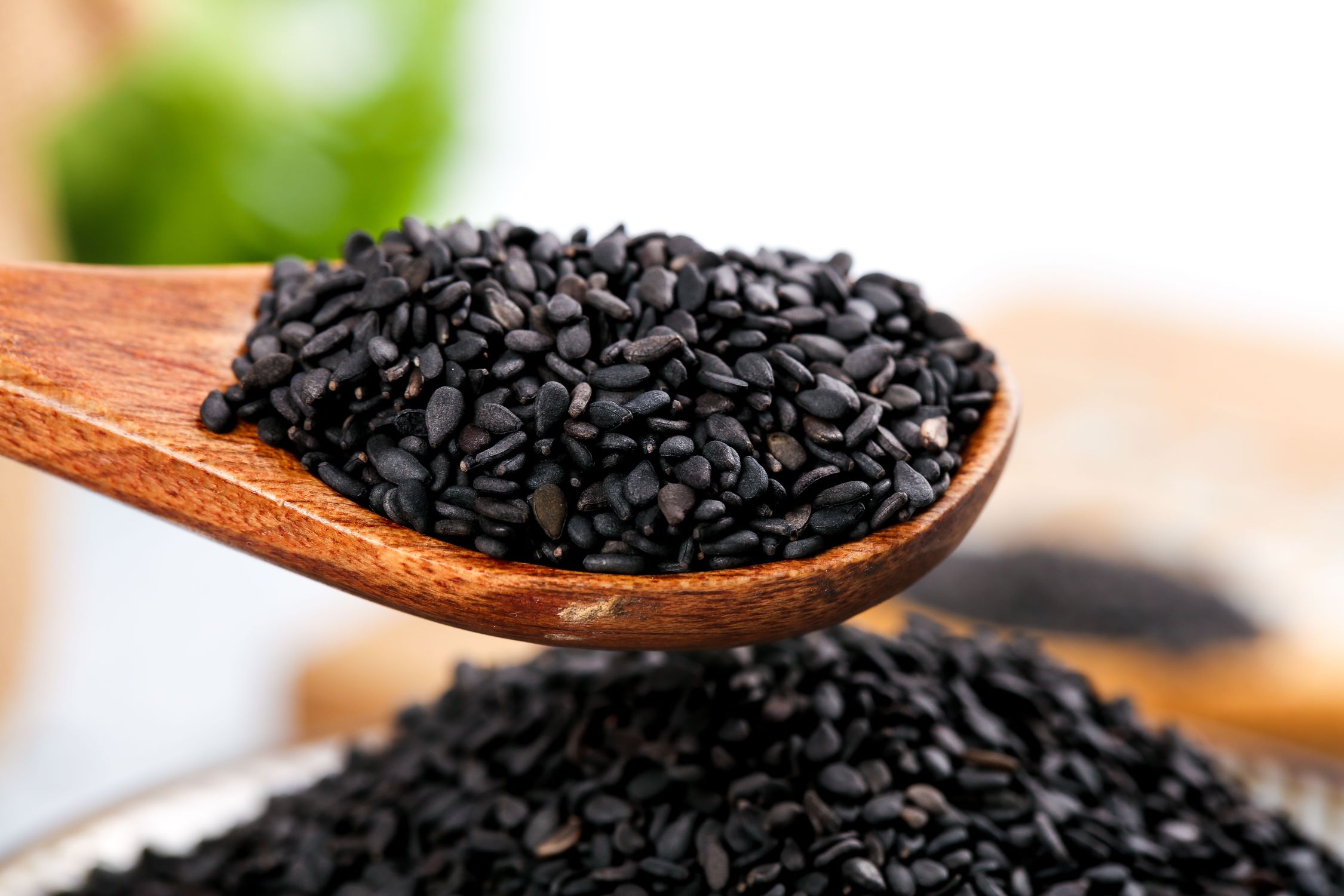
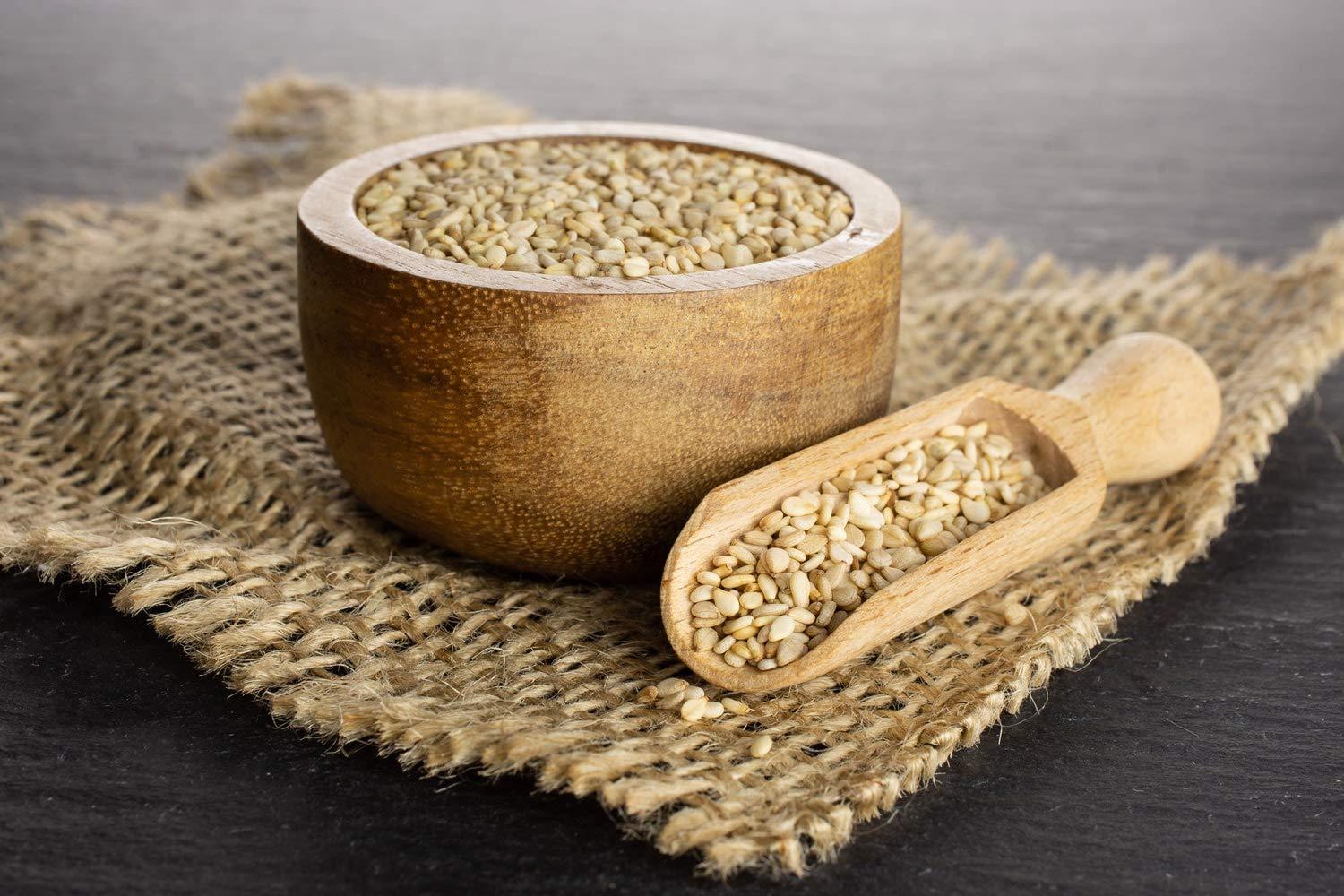

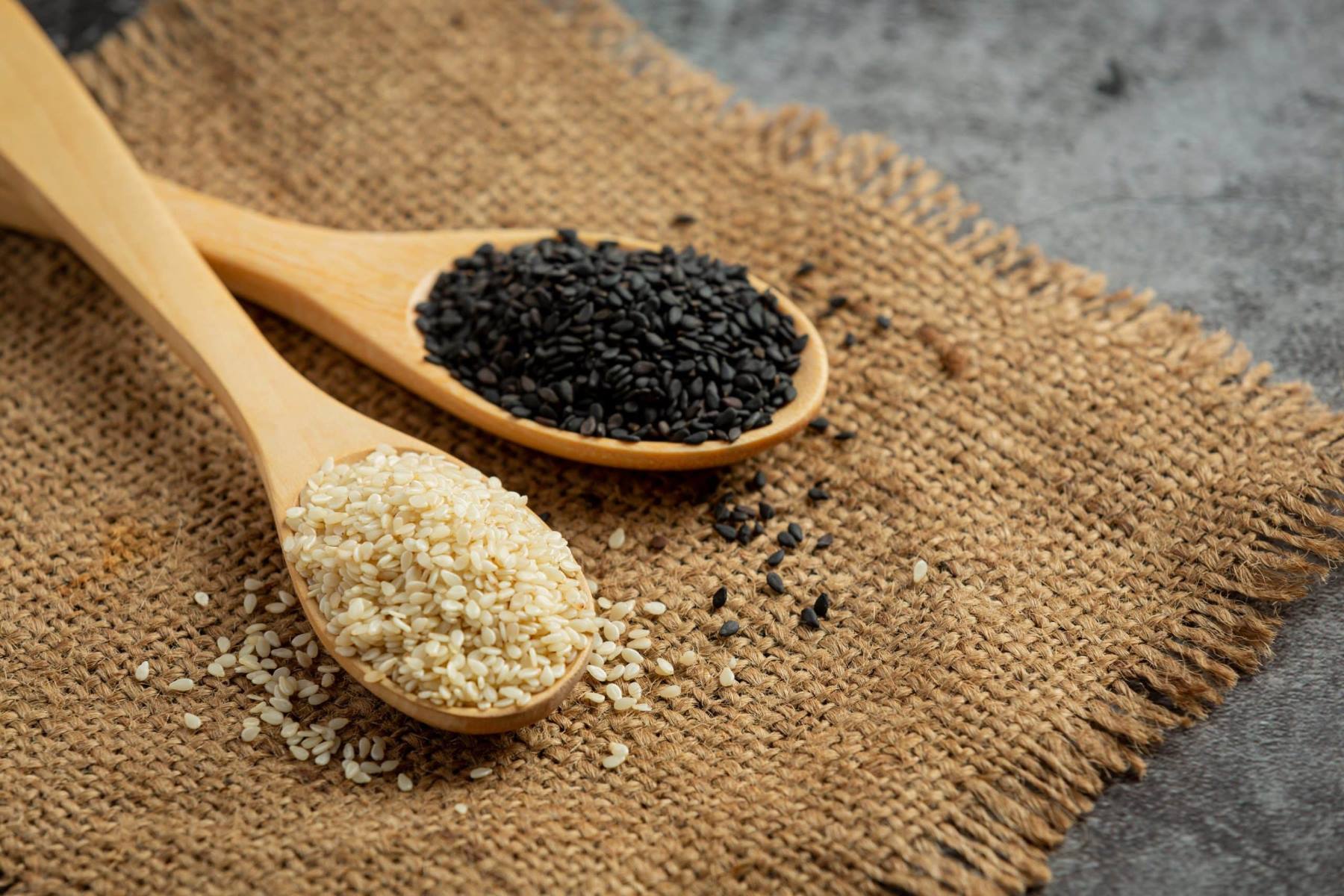
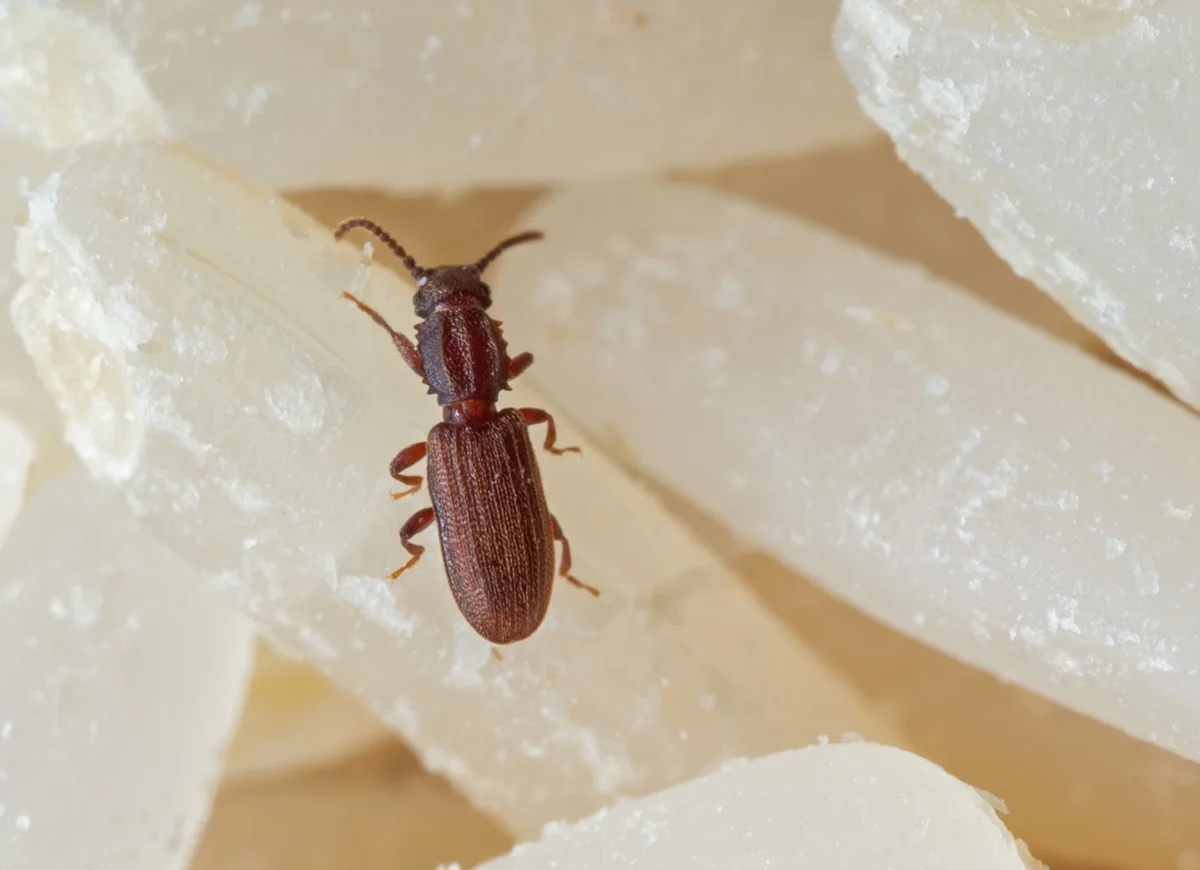
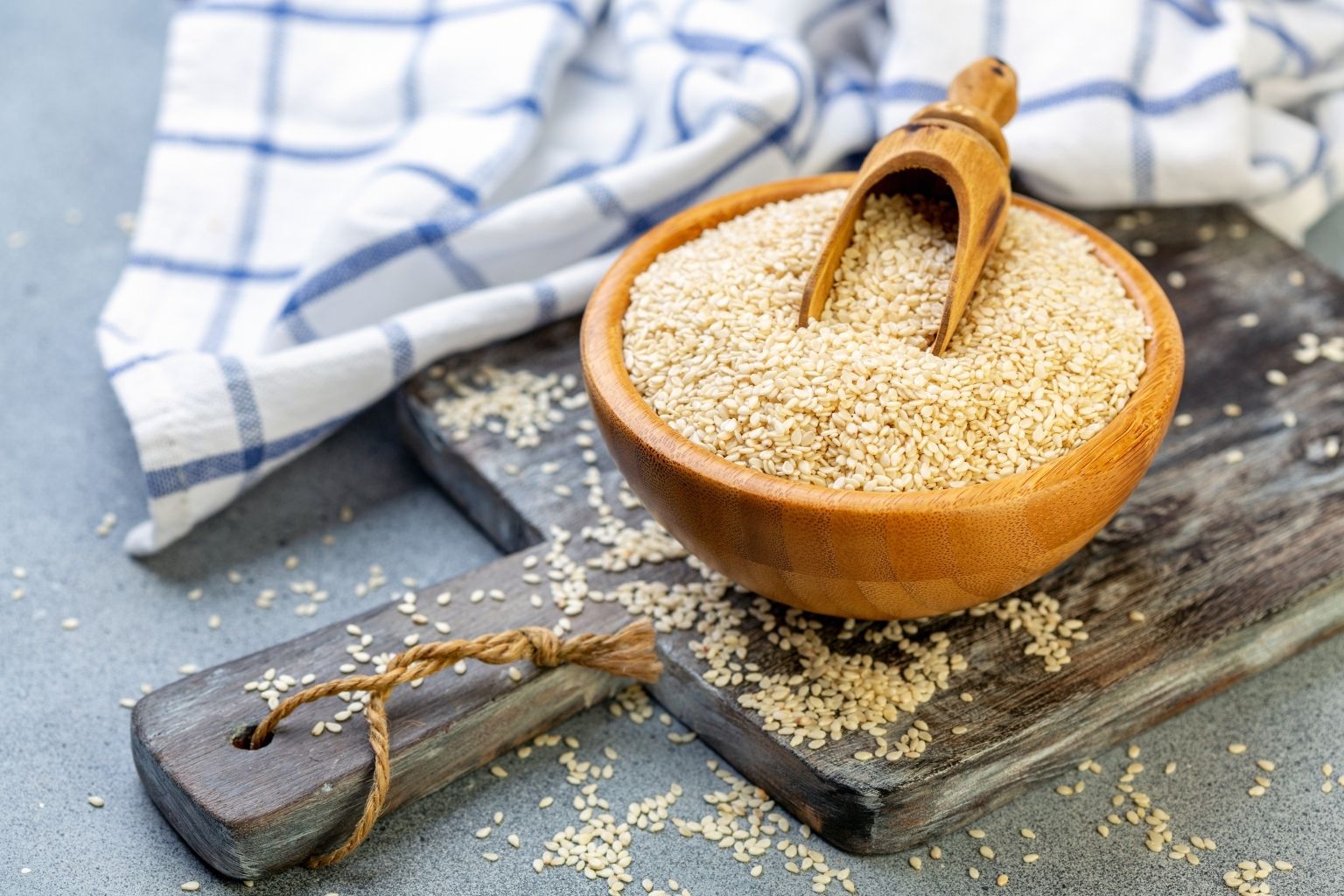
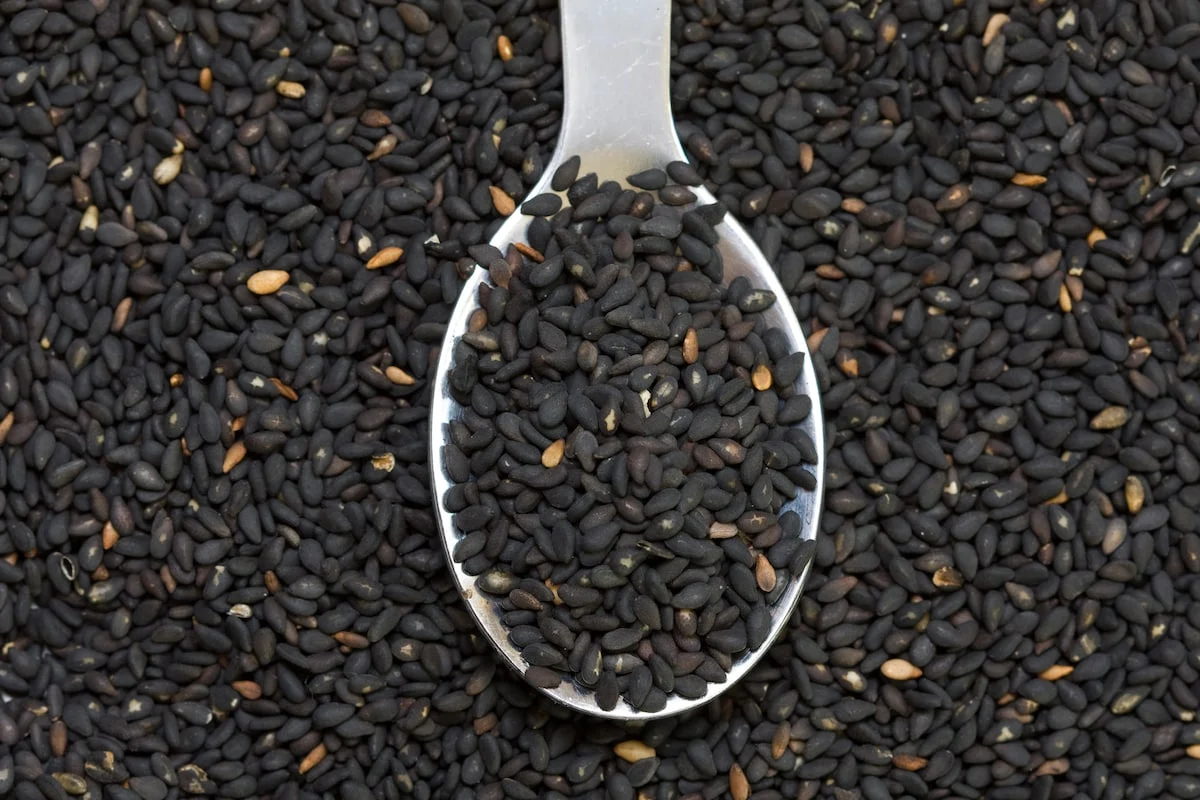
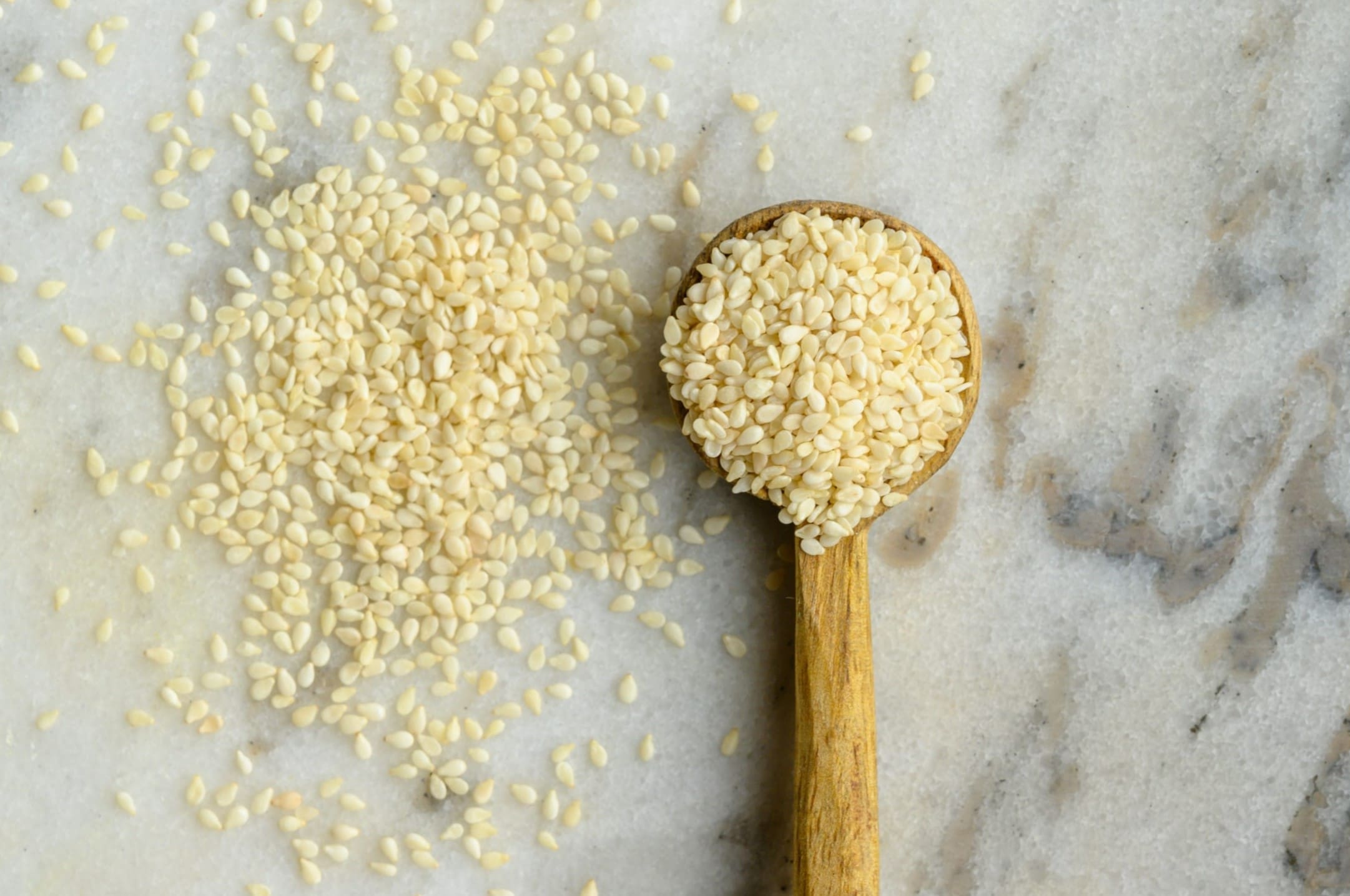
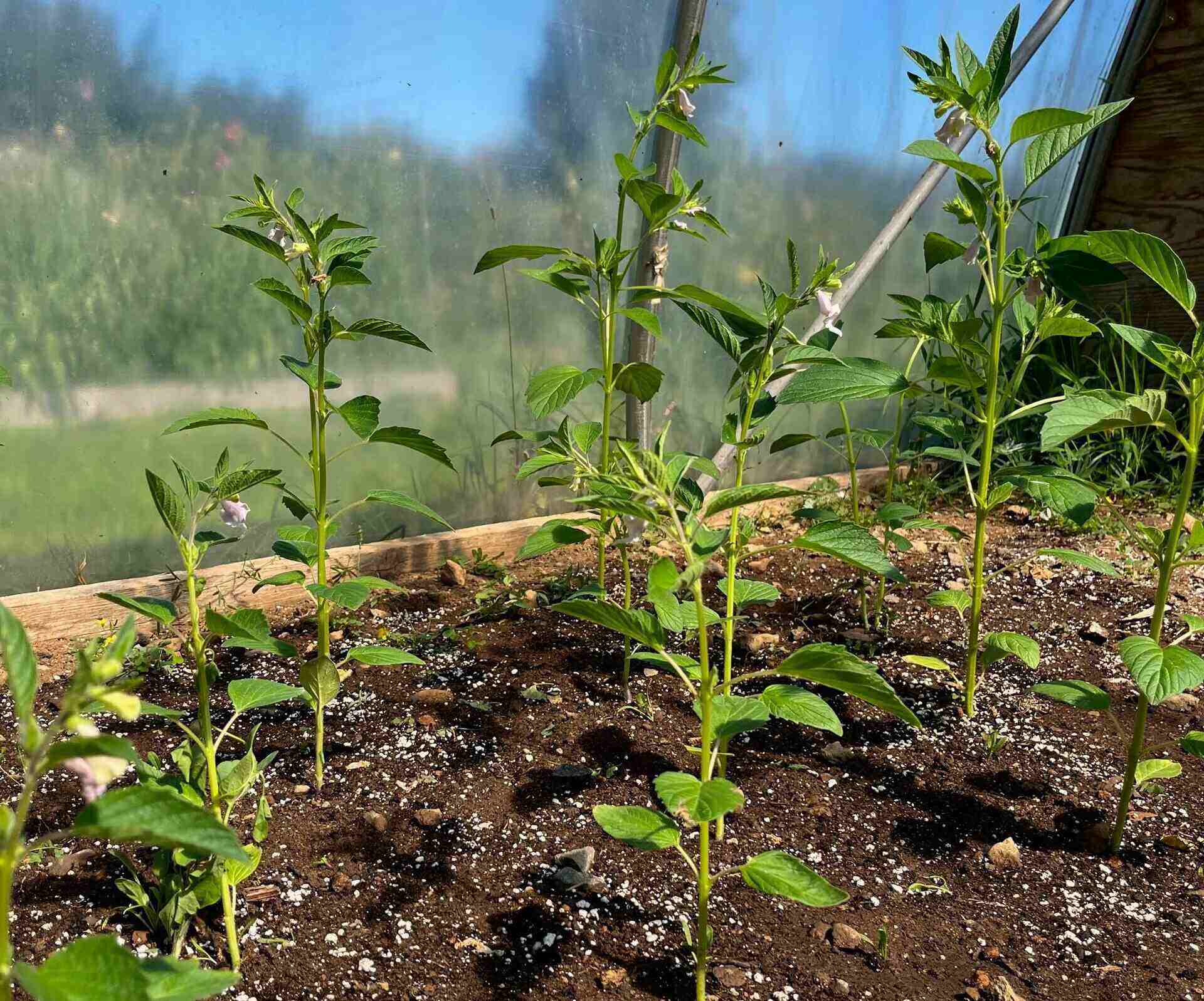
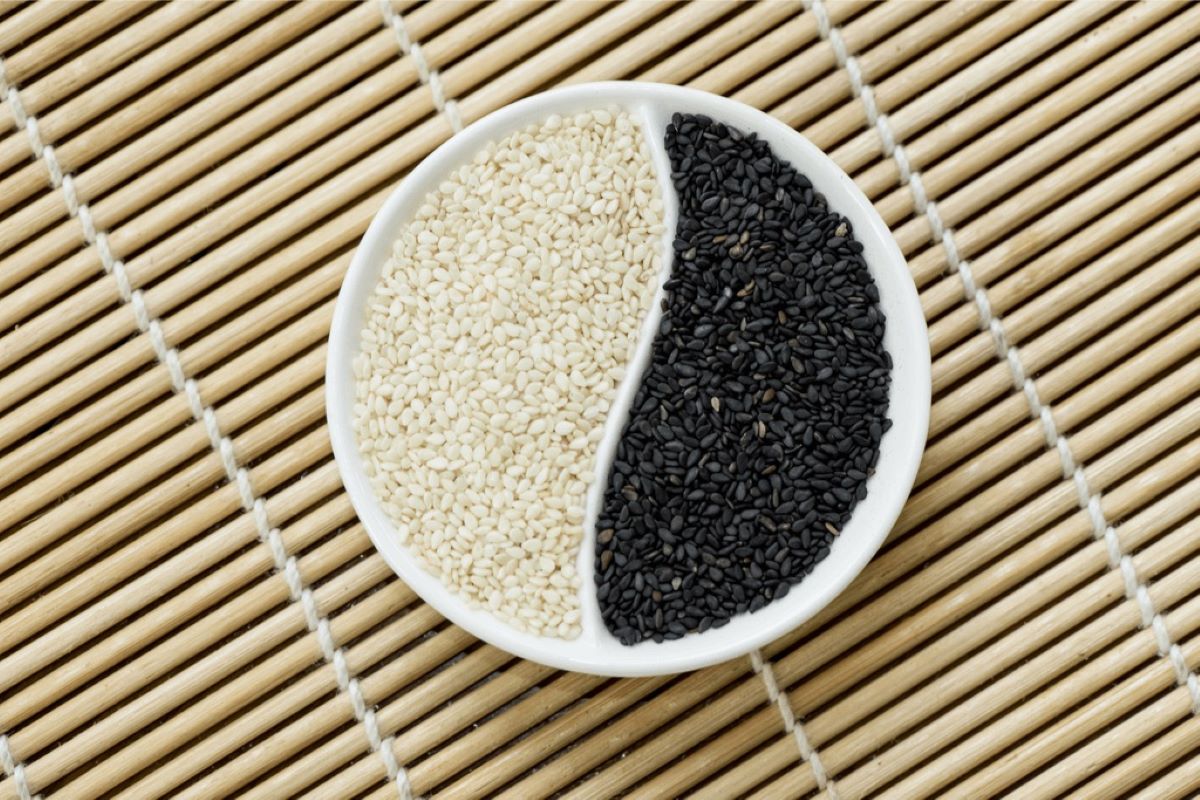
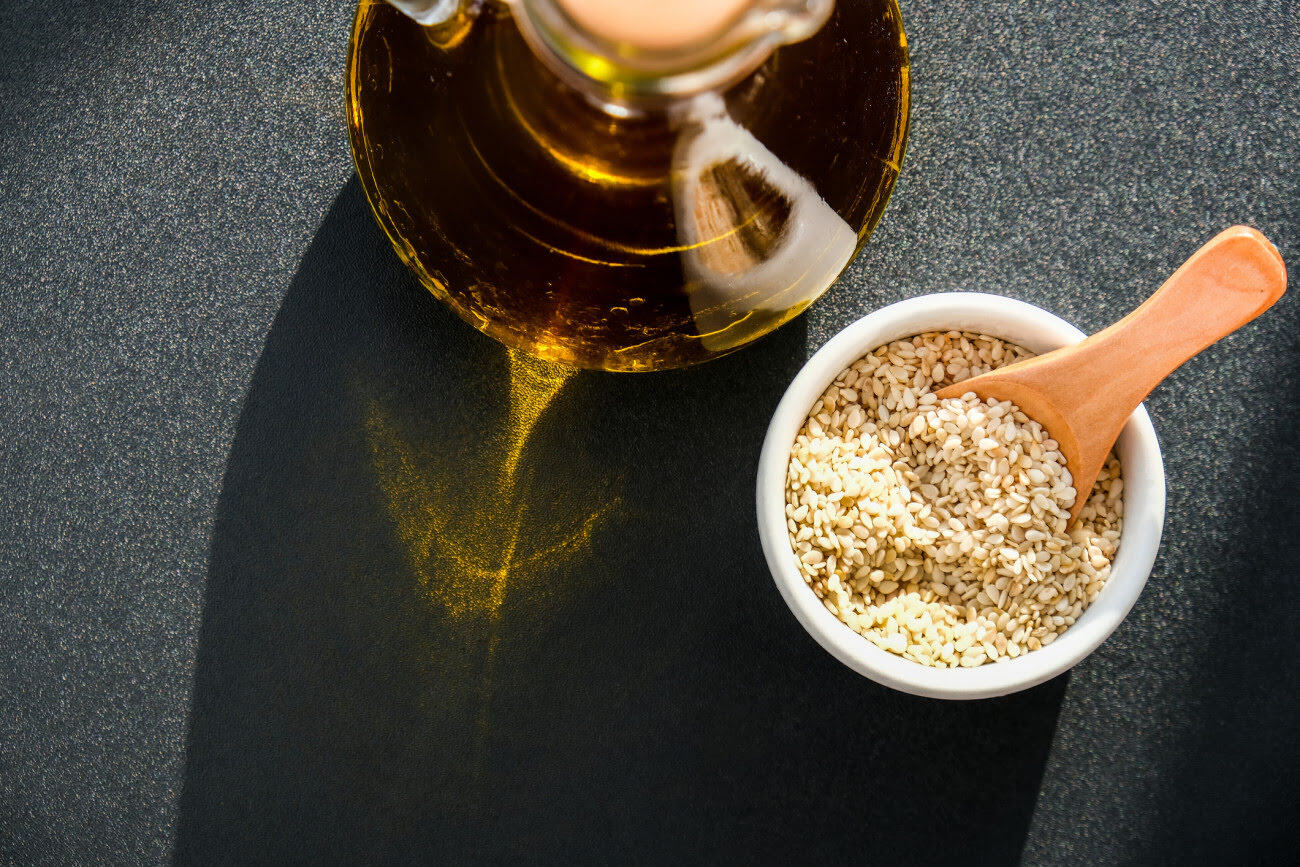

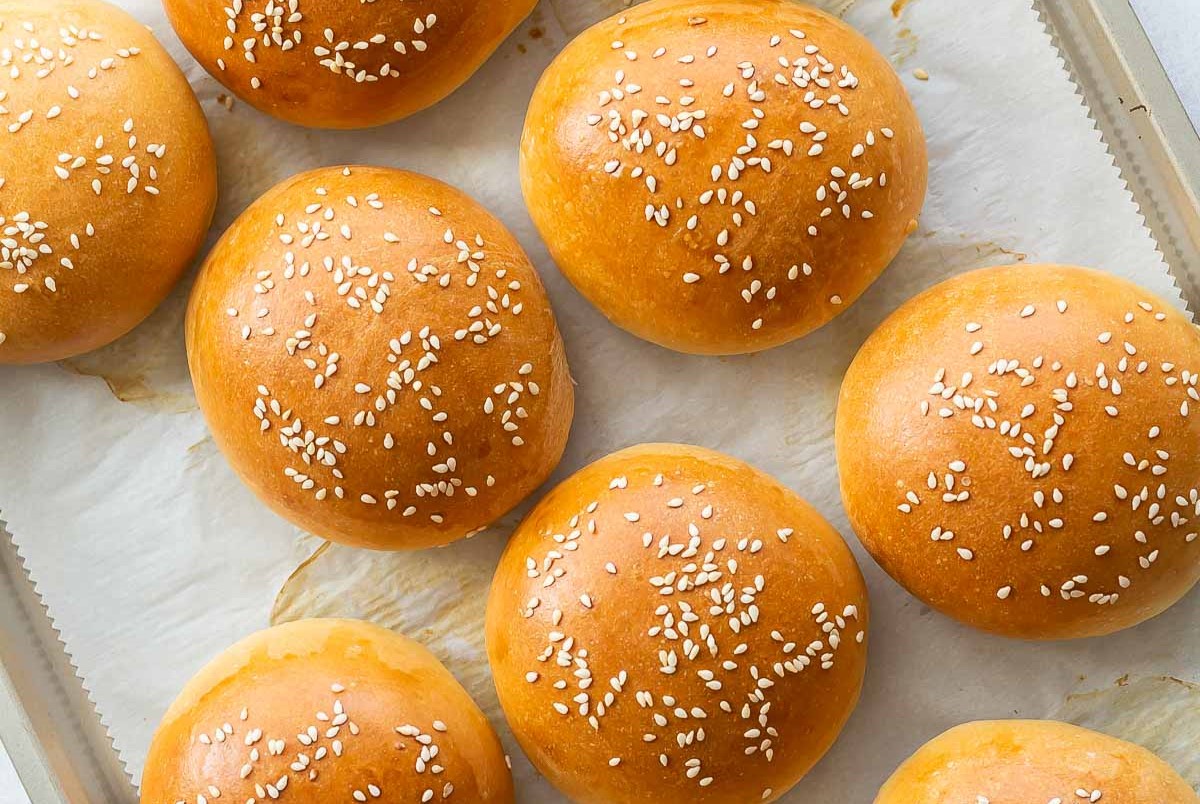
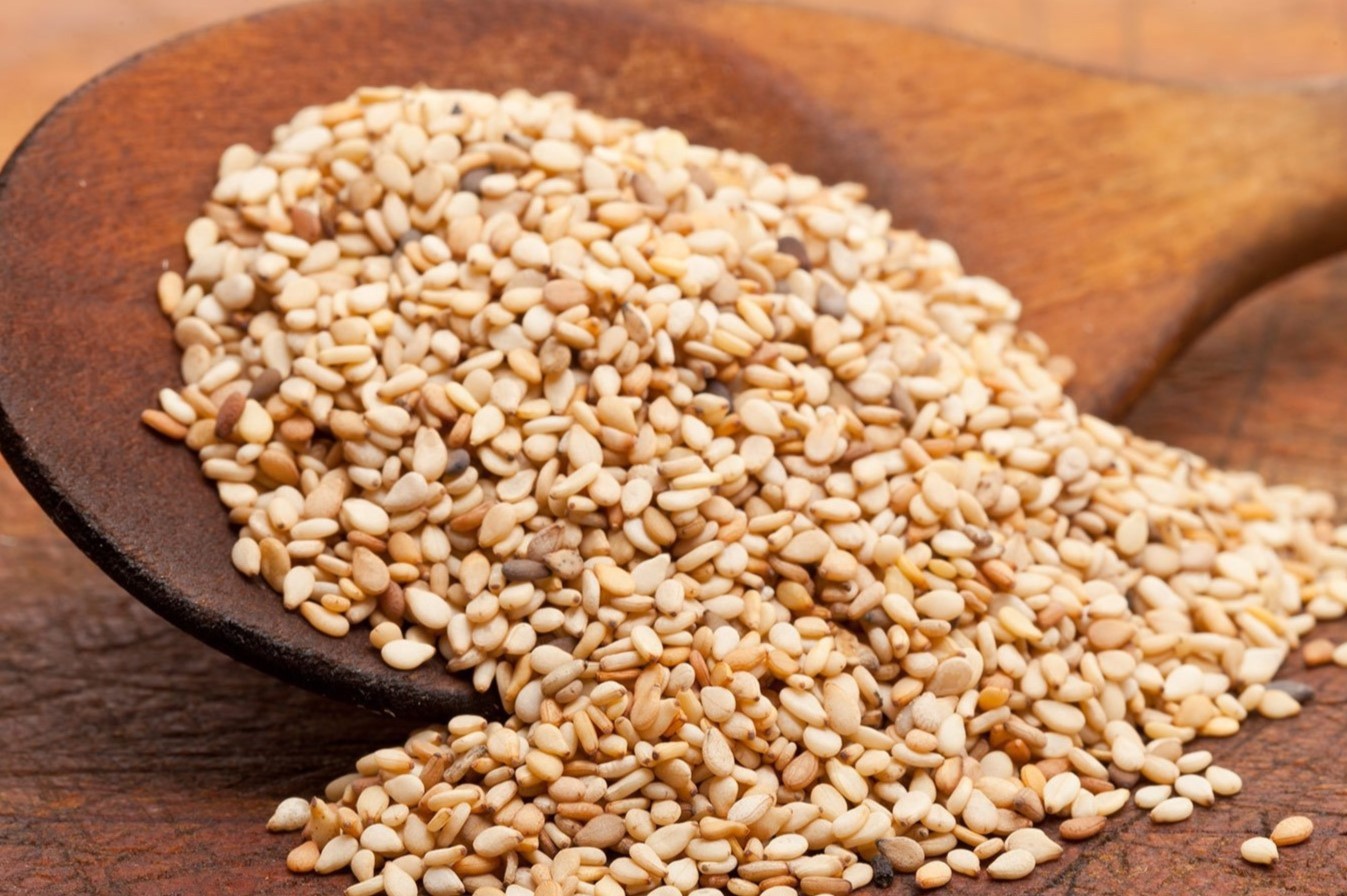

0 thoughts on “What Is Sesame Seed Used For”